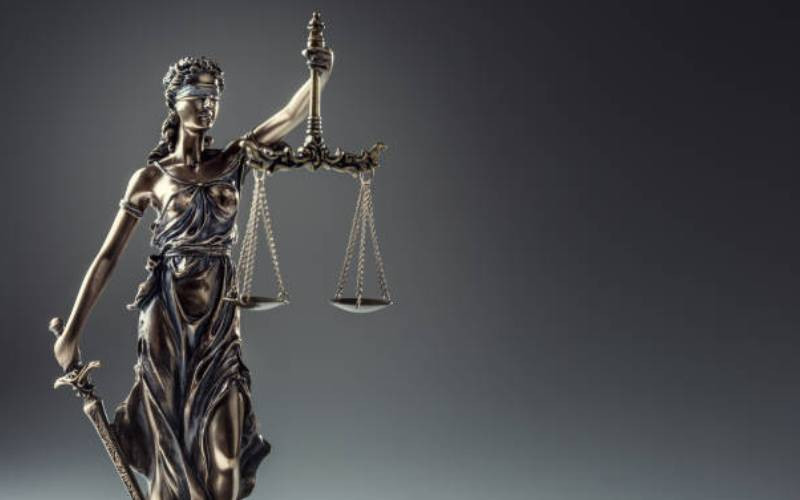×
The Standard e-Paper
Kenya’s Boldest Voice

The signing of the protocol to the Constitutive Act of the African Union relating to the Pan-African Parliament by President William Ruto on July 24, 2023, is a significant stride in Africa's pursuit of justice and human rights.
Adopted by the African Union in June 2014, this protocol opens the door to ratifying the African Court of Justice and Human Rights (ACJHR) and is commonly known as the Malabo Protocol. This grants ACJHR the jurisdiction to address crimes under international law and transnational offenses.